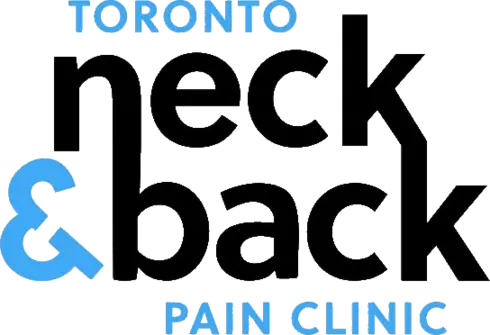Poor Posture/Position, Prior Trauma and Poor Maintenance.
I wonder if owls ever get neck pain. It’s always amazing to see nature films where owls are observed turning their heads virtually 360 degrees. While hunting, the ability to swivel their head in combination with their incredible eyesight makes them skilled at catching their small prey.
I don’t need to wonder if people get neck pain. I see it all the time. And typically there are 3 causes, all of which share a similar solution. One type of neck pain comes from a particular incident and is acute in nature, as when there’s trauma like from a car accident and you get whiplash or a slip and fall and you bang your head. This pain may go away, but if it doesn’t, that acute incident can become a chronic one.
The next type comes from a repetitive type of use that challenges the neck in a way that in the moment it’s not an issue but over time it develops into one. This can be seen with computer work, smartphone use, occupations like hygienists and anyone who focuses on a task in front of them like seamstresses or watch repair, etc. This kind of positional strain can lead to an accumulative type of trauma. Similar scenarios can occur from seemingly innocent activities like sleeping and watching TV on the couch.
Finally, having never had an injury or not succumb to a poor posture or position scenario (good luck with that these days!), sometimes the neck just hasn’t been stretched or moved in a way to retain good health due to a lack of attention, awareness and maintenance. This includes a healthy diet, regular fitness, enough sleep, dealing properly with stress and other lifestyle factors.
Whether from trauma (recent or past), from repetitive use/strain, or from a lack of proper maintenance and care, the common variable that becomes challenged is the function in the neck. All of these scenarios will alter how the neck is designed to work. Unless that function is recovered, even though it can feel better, the neck will always be prone to problems.
To help with neck pain or problems that exist now, or to optimize the function of the neck in situations like those mentioned earlier in this article, seeking care to help recover how the neck should sit and move is an excellent option. Chiropractors, massage therapists, physiotherapists and other healthcare providers that don’t just focus on the symptoms or the pain but rather identify areas or parts of the neck that are not working properly are great choices in not only making the neck feel better but to ensure the neck stays healthy for as long as possible.
